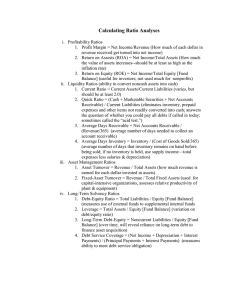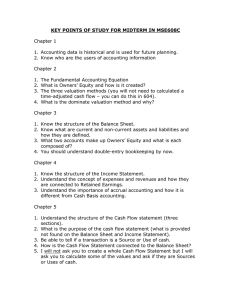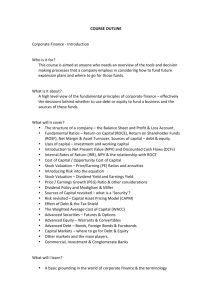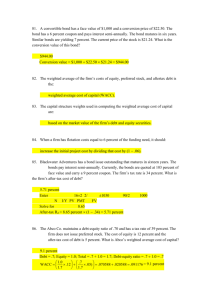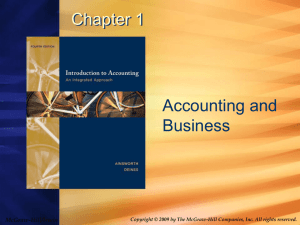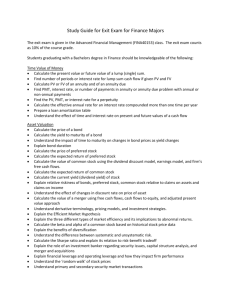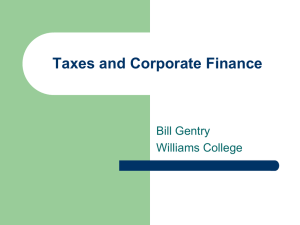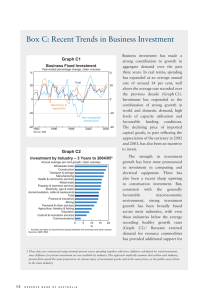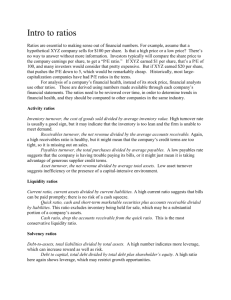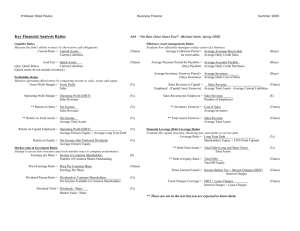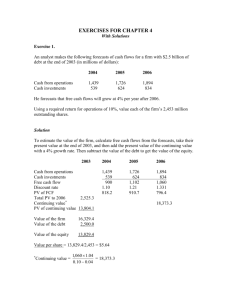11. The total long-term debt and equity of the firm is frequently called
advertisement
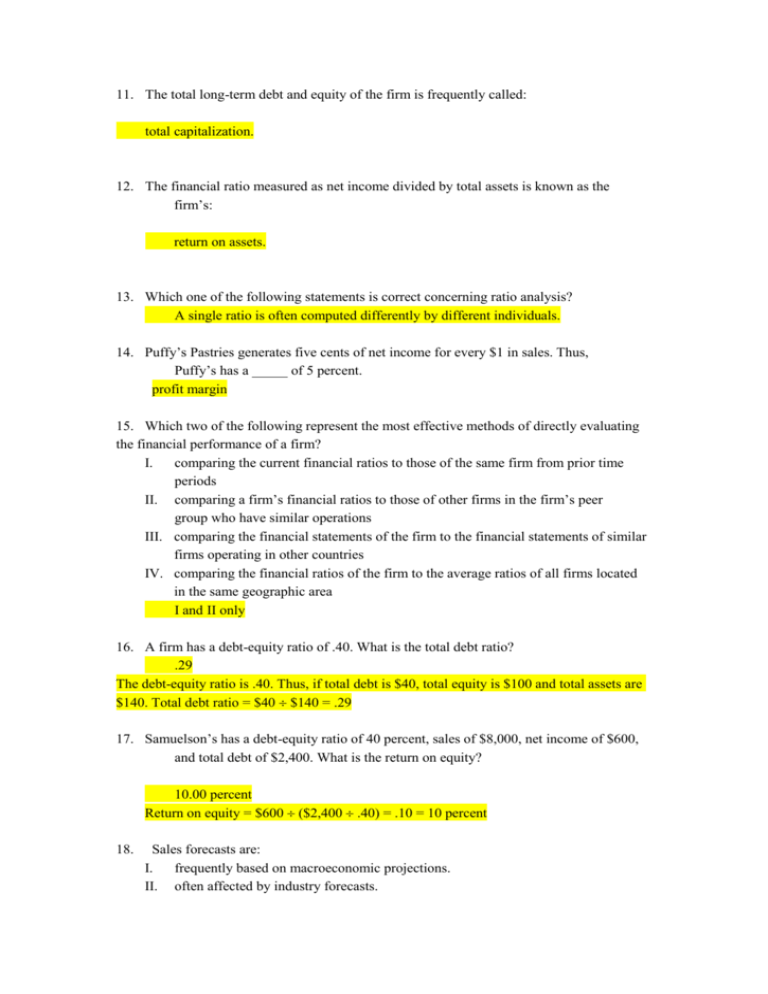
11. The total long-term debt and equity of the firm is frequently called: total capitalization. 12. The financial ratio measured as net income divided by total assets is known as the firm’s: return on assets. 13. Which one of the following statements is correct concerning ratio analysis? A single ratio is often computed differently by different individuals. 14. Puffy’s Pastries generates five cents of net income for every $1 in sales. Thus, Puffy’s has a _____ of 5 percent. profit margin 15. Which two of the following represent the most effective methods of directly evaluating the financial performance of a firm? I. comparing the current financial ratios to those of the same firm from prior time periods II. comparing a firm’s financial ratios to those of other firms in the firm’s peer group who have similar operations III. comparing the financial statements of the firm to the financial statements of similar firms operating in other countries IV. comparing the financial ratios of the firm to the average ratios of all firms located in the same geographic area I and II only 16. A firm has a debt-equity ratio of .40. What is the total debt ratio? .29 The debt-equity ratio is .40. Thus, if total debt is $40, total equity is $100 and total assets are $140. Total debt ratio = $40 $140 = .29 17. Samuelson’s has a debt-equity ratio of 40 percent, sales of $8,000, net income of $600, and total debt of $2,400. What is the return on equity? 10.00 percent Return on equity = $600 ($2,400 .40) = .10 = 10 percent 18. Sales forecasts are: I. frequently based on macroeconomic projections. II. often affected by industry forecasts. III. generally the output from most pro forma statements. IV. generally the basis for projecting future asset requirements. I, II, and IV only 19. Sales can often increase without increasing which one of the following? fixed assets 20. Rosie’s currently has $1,200 in sales and is operating at 72 percent of the firm’s capacity. What is the full capacity level of sales? $1,666.67 Full-capacity sales = $1,200 .72 = $1,666.67
